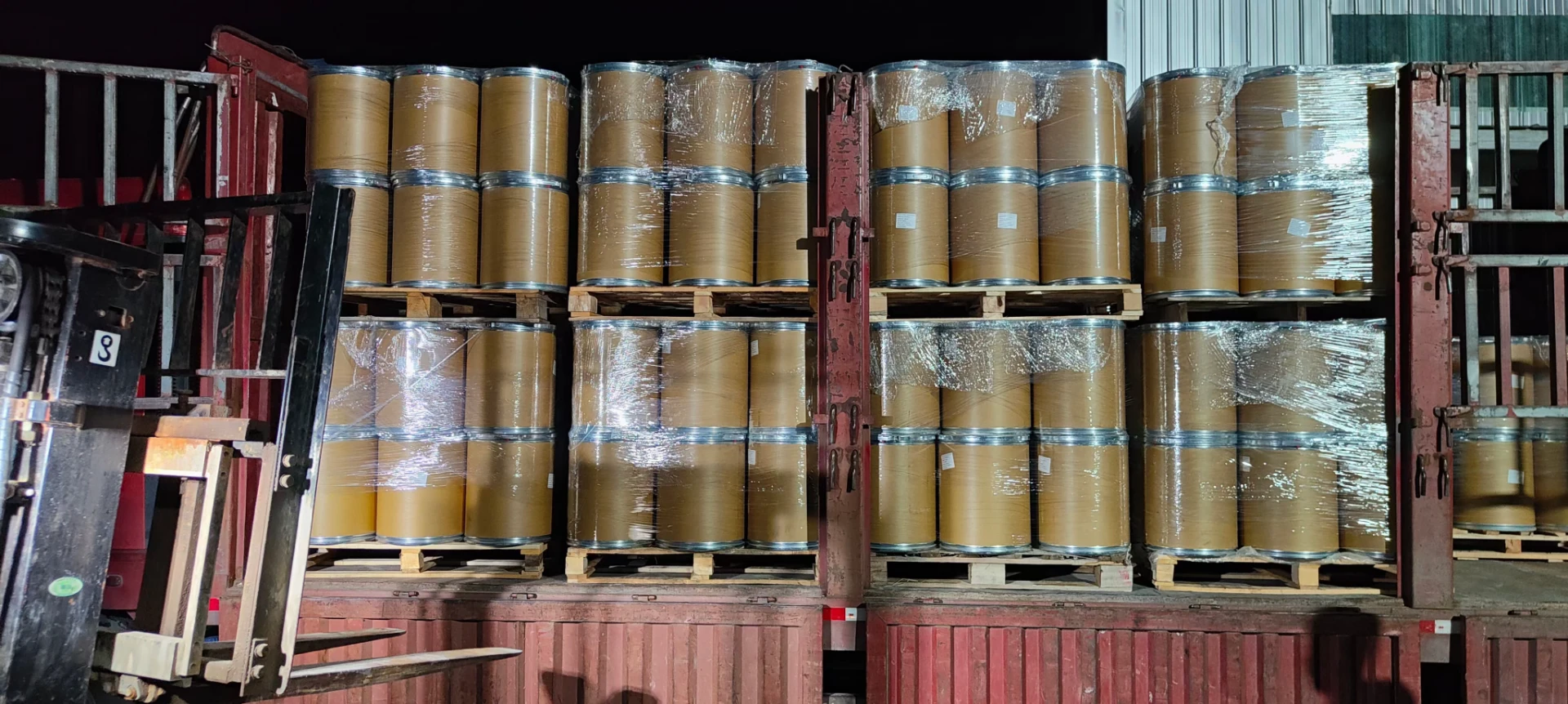6 chloro 1 3 dimethyluracil
Efficient treatment of industrial wastewater is an indispensable aspect of sustainable business operations, and at the core of this process lie the various chemicals used in Effluent Treatment Plants (ETP). The right selection and application of these chemicals not only ensure compliance with environmental regulations but also protect the natural water bodies from detrimental pollutants.
In the realm of wastewater treatment, coagulants and flocculants stand as pivotal agents. Coagulants, such as ferrous sulfate and aluminum sulfate, are employed to destabilize and aggregate suspended particles into larger flocs. This allows for easier sedimentation or filtration. The process of coagulation is often followed by flocculation, where synthetic or natural polymers, like polyacrylamide, are introduced. These polymers link the destabilized particles, enhancing the size and weight of the flocs and facilitating their removal. This two-step process not only optimizes the clarification of water but also minimizes the subsequent load on downstream filtration systems, thereby ensuring efficiency and cost-effectiveness.
To tackle the issue of organic pollutants, biological treatment processes using activated sludge or biofilms are integrated into the ETP systems. However, the success of these biological processes can be significantly hindered by the presence of toxic substances. This is where chemicals like sodium metabisulfite come into play. It acts as a dechlorinating agent, neutralizing the inhibitory effects of chlorine residues that could otherwise incapacitate the microbial community, thus maintaining the effectiveness of the biological treatment phases.
Further into the chemical arsenal are neutralization agents, which are paramount for pH adjustment. Acidic effluents are neutralized using chemicals such as calcium carbonate or sodium bicarbonate, while alkaline effluents are treated with acids, typically sulfuric or hydrochloric acid. Maintaining an optimal pH is crucial for the downstream processing stages and also protects the microbial flora involved in the secondary treatment processes.
An often-overlooked yet crucial component of ETPs is the chemical dosing systems. Precision in the dosing process is vital to ensure the correct concentrations of chemicals are introduced at the right juncture. Over-dosing can lead to chemical wastage and increased operational costs, while under-dosing might result in inadequate treatment, leading to non-compliance with stringent regulatory standards.chemical used in etp
Emerging trends in ETP chemicals focus on the use of environmentally friendly and biodegradable options. Green coagulants derived from plant extracts and biopolymers are gaining traction as they offer a sustainable alternative with reduced ecological footprint. These innovations not only align with the shifting priorities toward greener practices but also cater to the growing consumer demand for environmentally responsible operations.
In addition to the chemical treatment, continuous monitoring and adaptive management strategies are essential. Utilizing advanced analytical tools and automation technologies to monitor effluent quality in real-time ensures that any deviations are promptly corrected, thus reinforcing the reliability and trustworthiness of the ETP operations.
The intricate synergy between effective chemical selection, precise dosing, and advanced monitoring forms the backbone of a successful effluent treatment strategy. Industries committed to reducing their environmental impact while optimizing operational efficiency must continually adapt and innovate within their ETP systems. By investing in the appropriate chemical treatments and technologies, businesses not only achieve regulatory compliance but also foster a reputation of environmental stewardship and corporate responsibility.
This pathway to sustainable wastewater management through expert chemical application is not merely a regulatory requirement but an opportunity for industries to contribute meaningfully to environmental conservation, ensuring their operations are sustainable for the long term.
More product recommendations



